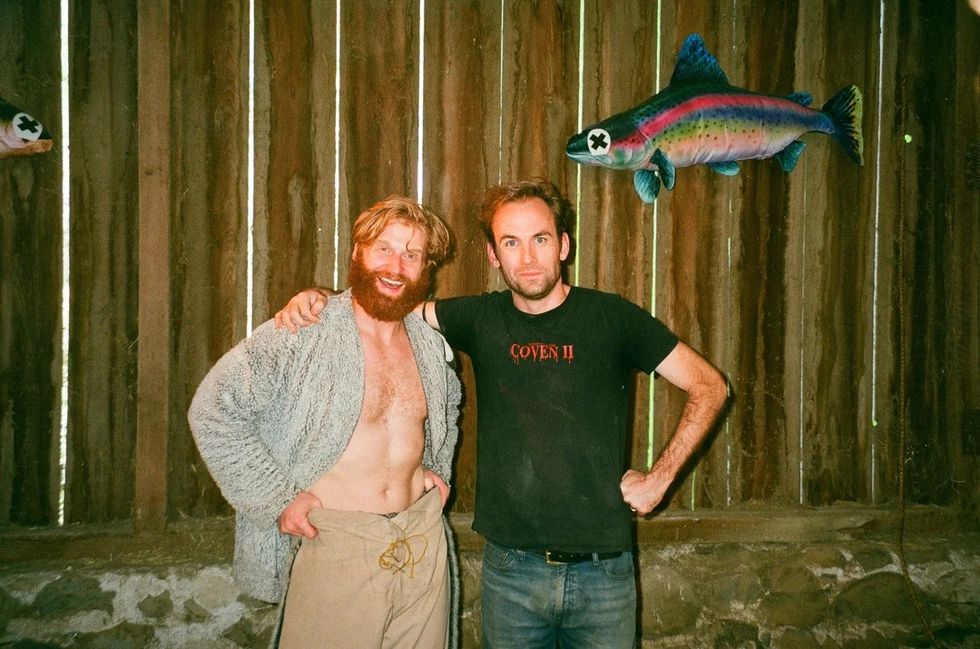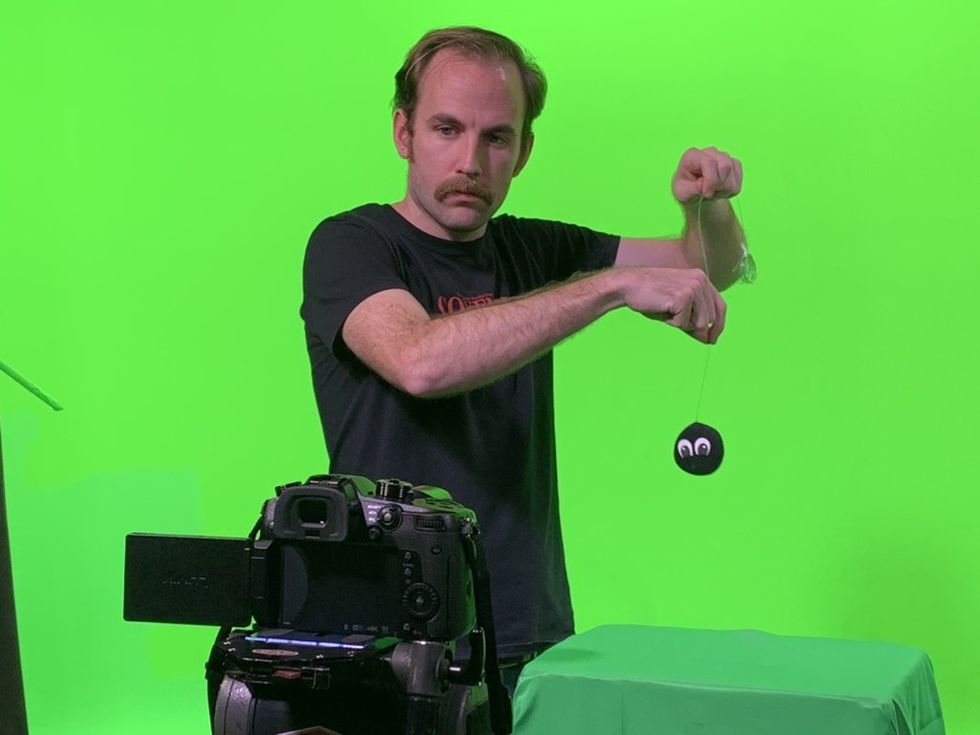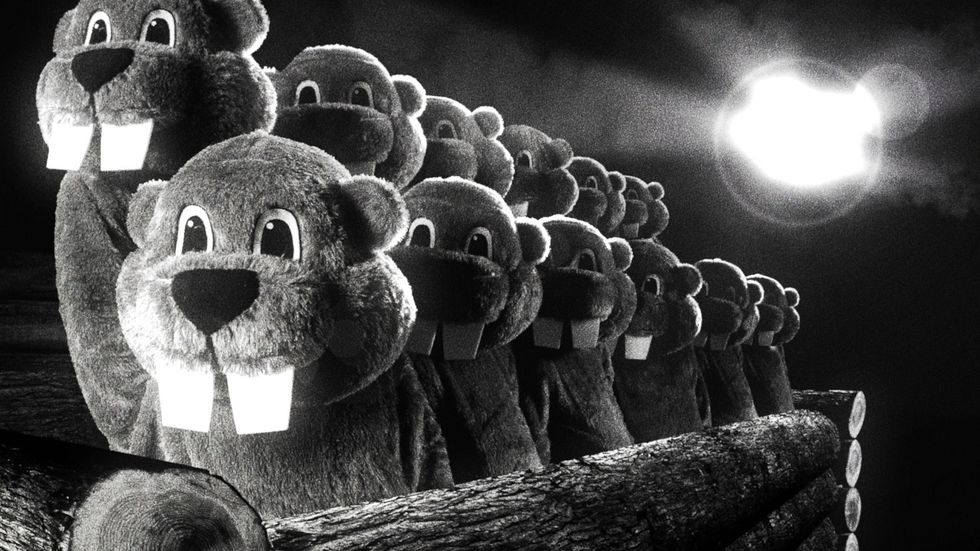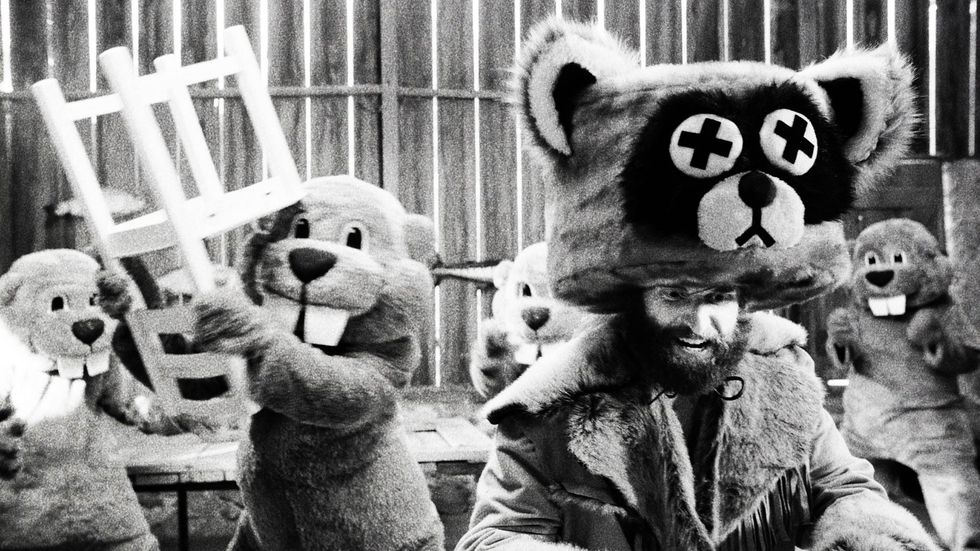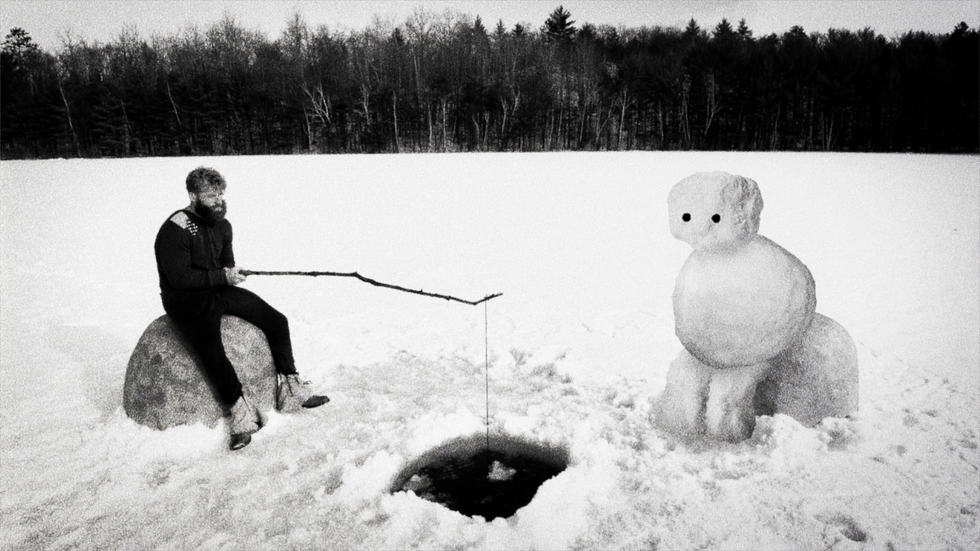5 Filmmaking Lessons That Helped James Cameron Become a Legend
James Cameron clawed his way to the top. How can his story help you?
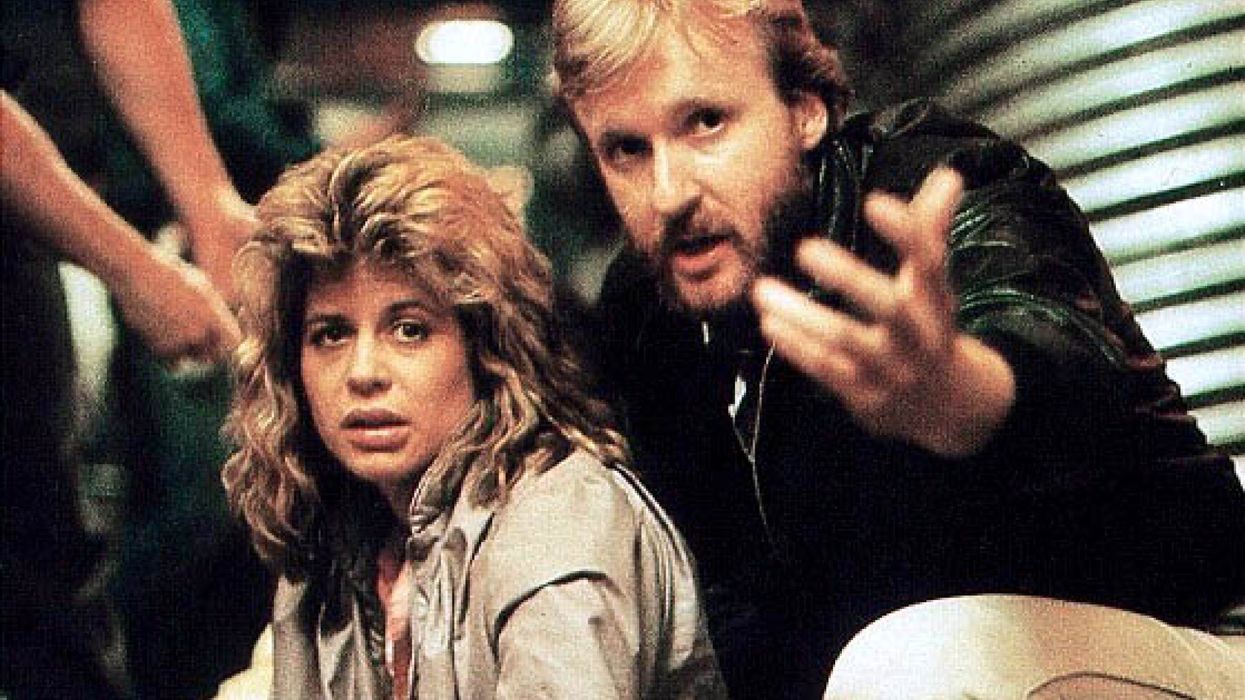
When you say the name "James Cameron" so many things come to mind. I go to one word, "epic." It's not only because he has 2 of the top 3 highest-grossing films of all time, but because his ideas build universes, spawn sequels, and engulf us in a world that grips us for the entire run of the film.
That's why I was so excited to find this 1999 conversation with Cameron where he offers a masterclass on filmmaking tips and how he approaches storytelling.
I watched the whole thing and found 5 takeaways that I think will help you in your own work. Thanks to the Academy of Achievement for conducting the interview 21 years ago.
Let's go over them now!
5 Filmmaking Lessons That Helped James Cameron Become a Legend
1. No job is just a job.
When Cameron was starting out, he worked for Roger Corman. He was a PA, then a set builder, and then he was shooting 2nd unit. No matter what he did, he did it with his all. This commitment to doing things better and with everything he had eventually got the attention of some foreign financiers who were looking for a director for Piranha II. Even though that was a low budget splatter movie, Cameron dedicated himself to making that too.
And when it was ripped away, he made sure that no matter what he did next, he did his best to prove why he should have full control.
We should do the same.
Breaking into the industry comes in many different ways. Be known as a hard worker and luck will follow.
2. Reconcile why this story needs to exist.
When you sit down to write or accept a directing opportunity, it should never be "just a paycheck." Really buckle down and decide what the piece of work you're doing needs to exist in this world. Why is this story important? Why do audiences need to know about it?
This passion will not only produce better work but also be contagious to the cast and crew.
So much of this job is getting people to buy in.
Early on, Cameron's talent definitely got him fans, but his passion for the stories he was trying to tell got him financial supporters. “Curiosity is the most powerful thing you own.” Take that Cameron quote and use it well.
3. What I'm doing is right.
On difficult days, Cameron questions his place on set like the rest of us. But the way he keeps making things and making even tiny decisions on the fly is deciding that his way is the right way. That does not mean he is opposed to collaboration, but it does mean when they decide to shoot or block or frame one way, he sticks with it. His vision cannot waver, because as a director he's steering the ship.
Cameron has famously said, “People call me a perfectionist, but I'm not. I'm a rightist. I do something until it's right, and then I move on to the next thing.”
If you need to adjust, you have to justify and stand by that too.
At the end of the day, trust your gut. It got you there, it's not time to cede to others to make the decisions. Do what you think is right. You're the director, you need to be in control.
4. Chance is not a big factor in the long run.
I mentioned this earlier, but Cameron expands on it. The idea that people luck themselves into the film business is misguided. Luck can help you in the short term, but longterm success and breaking in is done by honing your craft and working harder than everybody else.
Stop relying on luck or being jealous when people "get lucky."
Start working more. Network, meet people, and write your own material. The idea here is that you need to make your own opportunities, not be upset when other people find theirs.
As Cameron says, “If you set your goals ridiculously high and its a failure, you will fail above everyone else's success”
5. Story will always be the most important foundation.
At the end of the day, the only thing that can solidify you becoming a great writer or a great director is the idea that story is king. You need to love to entertain people and take them on a journey. Learn the foundations of what needs to happen in every tale and challenge yourself to flip genres and emotions.
Also, heed your brain. Stories come to people who remain open.
Cameron said, "Inspiration can hit you in the head at any time in any context. It could happen in a conversation. Talking to someone at a party, you can get an idea. But you've got to remember those inspirations."
Tell us a great story and we'll love you forever.
What's next? Get our free screenwriting eBook!
So much of what we're talking about on No Film School when it comes to screenwriting is summarized in our new eBook. It also helps guide you through a 10-week writing plan that will get your script actually finished.

